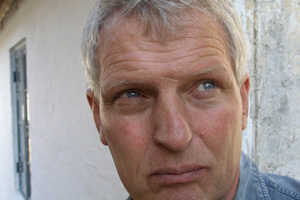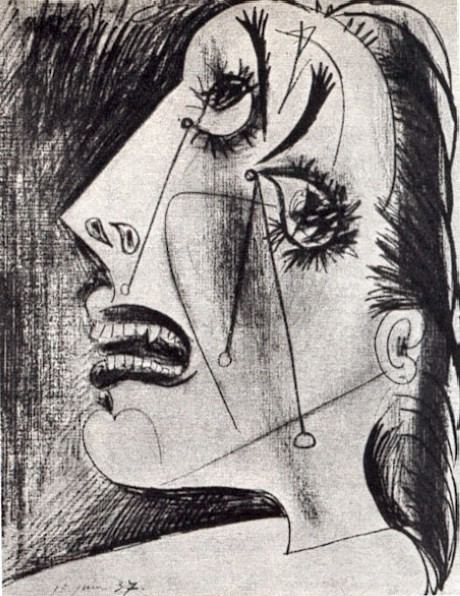Det er en historie om denne mand, Michael Woodford, administrerende direktør for japanske Olympus og om hans afsløring af et stort bedrageri i firmaets umiddelbare fortid, et afsløring, han etablerer i samarbejde med en journalist, en oversætter, en redaktør og en tidligere direktør. Filmens styrke ligger i dens interviews med disse levende interessante mennesker, vidneudsagn som er smukt filmet som enkle filmscener med intense talking heads, intense i deres eget indhold, intense fordi de holdes i lange afsnit, som først klippes lige før scenen taber sin kraft. Og disse interviews bringes i en klog og rolig klipning sammen i en intensitet tæt på det klassiske kammerspils, altså næsten som var de medvirkende fortællere og vidner til stede i samme rum, altså i et klippets set-design. Dette er det afgørende vigtige lag i en forrygende fortælling om et enormt bedrageri og et dybt interessant møde mellem britisk og japansk firmakultur. Det kunne være blevet herved og have været en helstøbt dokumentarfilm.
Men journalisten Yamamoto stoler ikke på filmkunstneren Yamamoto, journalisten har tilsyneladende vurderet, at bedrageriernes økonomiske og forretningsmæssige teknik ikke er tydelig nok i interviewmaterialet, så han tilføjer et stort og i og for sig flot foredragslag i tv-grafik, som midt i filmen helt kvæler de medvirkendes lavmælte intensitet i kammerspillet, som mod slutningen efterhånden går i opløsning.
Til denne æstetikændring af filmen til tv-dokumentar bidrager også en samtidig tilføjelse af et historisk lag klippet på tv-arkiv materiale suppleret med mere end rigeligt dækbilledmateriale overdådigt fotograferede bybilleder som var det ikke en analyse af Olympus Corporation men en elegant glat reklamefilm for firmaets kamerateknik og berømte linser. Værst er at tv-reportagerne i tilfældig fotografisk kvalitet og stil er meget uheldige for klippets karakterudvikling af hovedpersonen Michael Woodford, som da han klarer sig dårligt i gadeinterviews og tv-shows for mine øjne ændrer sig fra et helstøbt, intens og pålideligt menneske til en usikker, i kanterne flosset, forhenværende industrileder i nedtur. Havde lige netop det været fortællingens hensigt med skildringen af sin hovedperson, ville det måske være vellykket. Men jeg kan ikke tro det, for Yamamoto siger jo til Fraser i deres Q&A: ”Wherever you find an intriguing character, I think a story always follows. I don’t think it works the other way around.” Jeg skuffes altså over min helt, jeg mister hans i et slutskilts triste lapidariske tekst.
Japan 2015, 75 min. DR2 Dokumania 15. marts 2016. Filmen er produceret for BBC Storyville i coproduktion med blandt andre DR. Kan for tiden ses på DR2’s hjemmeside: dr.dk/tv/se/dokumania
SYNOPSIS
In October 2011, Olympus Corporation, a multibillion dollar Japanese optical company, dismissed its president and CEO, British-born Michael Woodford, over cultural differences in management style. Japanese media dutifully reported the dismissal with minimum coverage, another foreign CEO failing to adapt to the Japanese way. But international media reported a brewing scandal where Japanese board members of the company unanimously voted to dismiss Woodford for blowing the whistle on a 1.7 billion dollar fraud that the 93-year-old Japanese company had kept secret for more than two decades. Film-maker Hyoe Yamamoto unravels the events that led to one of the most mystifying corporate scandals in the world.
LINKS / LITTERATUR
http://www.bbc.co.uk/programmes/b054f7qp (Nick Fraser: Q&A med Hyoe Yamamoto in English)
Hyoe Yamamoto anbefaler i sine sluttekster disse bøger:
Exposure, Portfolio Penguin
Yoshimasa Yamaguchi: Samurai and Idiots, Kindansha
TeamFacta: The Olympus Syndrome, Heibonsha




